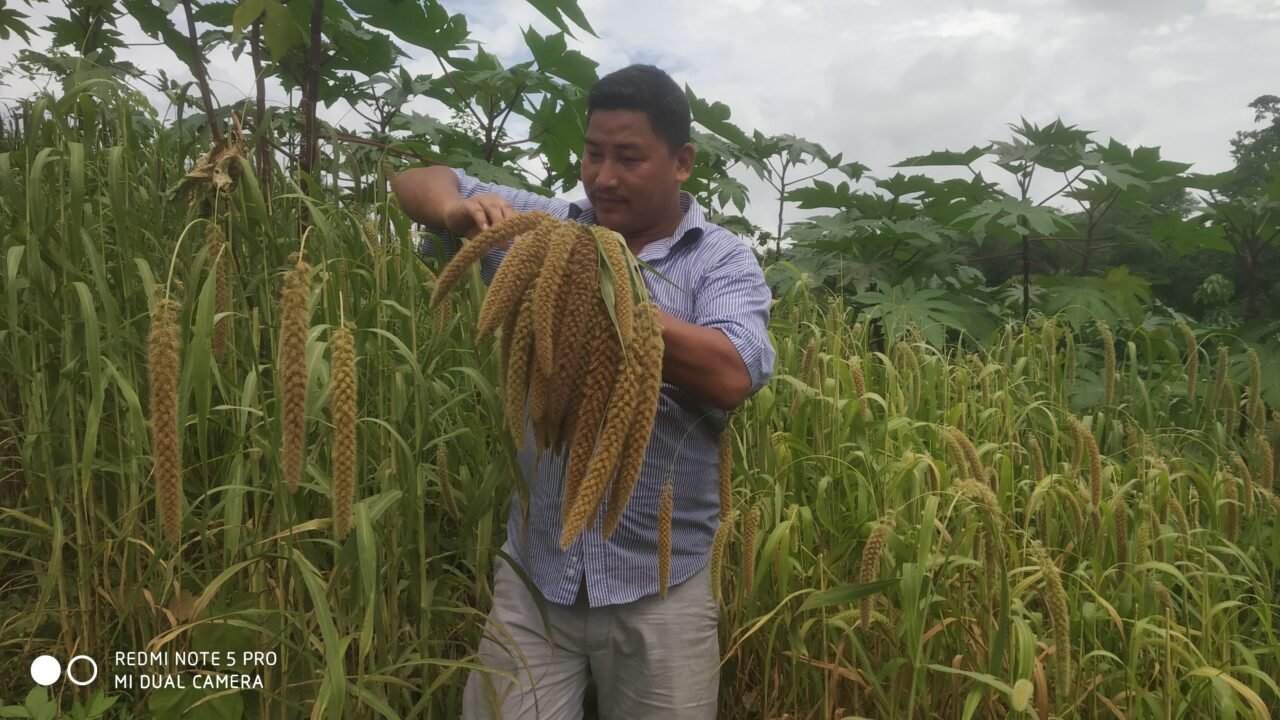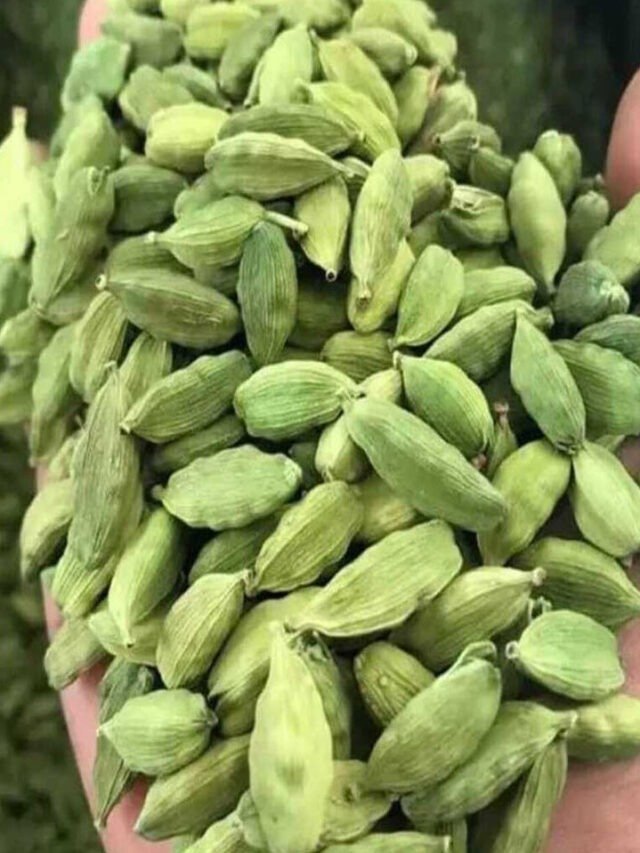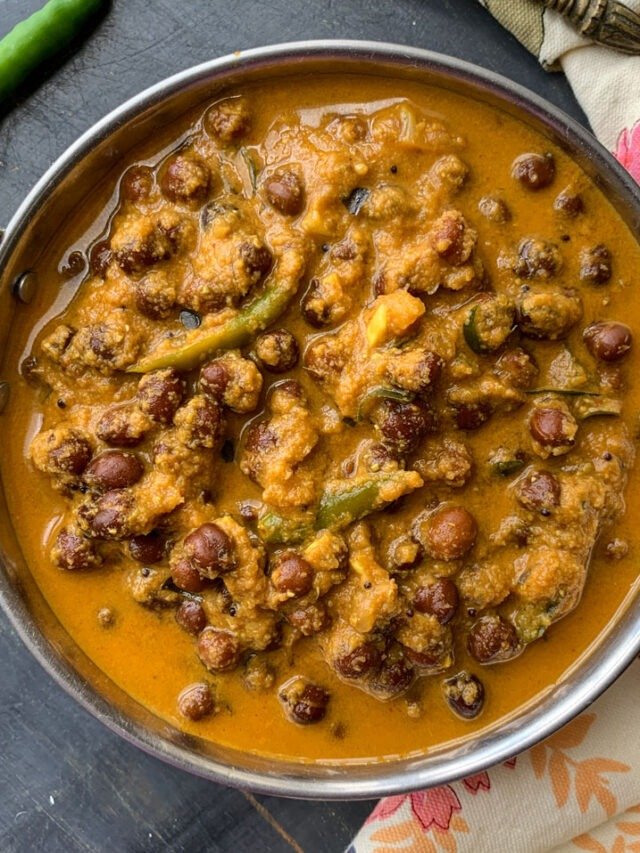HT Correspondent
MORIGAON, March 2: Women are no less than men now as they are seen toiling in the field of agriculture. Whether it is sowing, reaping the harvest or creating job opportunities for others they are no less than their male counterparts.
One such example is Ila Deka, a women farmer from Nakkhola village under Jagiroad Krishi Chakra in Morigaon. She has been making headlines for creating jobs by producing food items out of various kinds of millets.
Under Deka’s leadership inspired by Millet Mission launched by Prime Minister Narendra Modi 500 women have been now producing various items of millet and capturing market.
Initially, Deka grew Finger Millet on 2 bighas of land for the first time under the Assam Millet Mission. They were successful in the first year of production and produced about half a quintal of millet per bigha of land.
However, at that time in 2022, the millet crop was not popular among people and she faced problem in finding consumers. Later, Deka found other way round to find the consumer’s plate with the millet. Slowly, with the help of other women started making food items in an effort to find the desired market.
The enthusiastic women cultivated foxtail millet on about 7 bighas of land with seeds received from the district agriculture department in the same year. They prepared millet powder from the produced crop and sold it at Rs 150 per kg to capture a suitable market. They have recently captured another market by producing delicious ladoos, pitha, cakes, chocolates and biscuits from millet and benefited about 500 women. The women farmers have set a target of starting an agricultural revolution by cultivating finger millet on 100 bighas of land by 2024 with the efforts of Ila Deka.
Notably, Deka formed Junabeel Women Farmers Producer Company in 2020.
Agricultural venture was not new to Deka. Being spirited, in 2016 Deka; a graduate, mortgaged 6 bighas of land and cultivated Grand-9 variety of bananas on 4 bighas of land under the Apart scheme. However, due to floods the plantation did not yield the expected income. In parallel, he cultivated Ranjit Sub-1 variety of paddy seeds received under the National Agriculture Development Scheme on his own 5 bighas of land and earned about Rs 15,000.
She benefited from paddy cultivation in the first year and later laid stress on extensive paddy cultivation. In 2018-19, he cultivated Ranjit Sub-1 variety of paddy on about 30 bighas of land under the National Agriculture Development Scheme with seeds received from the district agriculture department and 3 bighas of sugarcane , Jaha and Bora paddy. The farmer earns about Rs. 1 lakh by selling the paddy produced in the local market.












